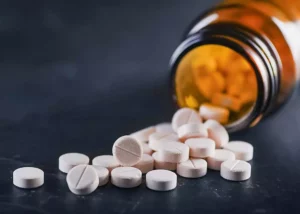
Unlocking Freedom from Suboxone Addiction at Summer House Detox Center
Suboxone addiction is a condition that may feel insurmountable to overcome, but with the right support and approach, freedom is achievable. At the Summer House
We want to make your stay here at the Summer House Detox Center as comfortable as possible. We provide a very relaxed environment where we administer the medication and supervise you as you go through withdrawal effects.
Our facility will be a home away from home where you can safely and comfortably begin the process of becoming sober. Summer House provides comfortable services and amenities during your stay.
Contact Us
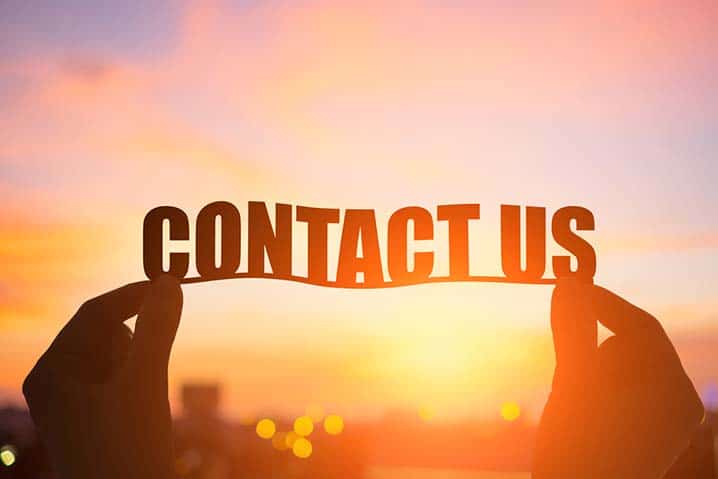
Seek help today from Miami’s premiere private in-patient drug and alcohol detox center.
Summer House Detox Center will be by your side during the important but difficult step of detoxification, which includes supervised medicated treatments.
Our medical staff and therapists will guide you through the road of recovery that is tailored to your addiction. Everyone is special and will be treated with the respect and dignity you deserve as you treat your disease.
Start fighting back today!
Learn

We gather valuable information needed to determine and provide the best level of care for you.
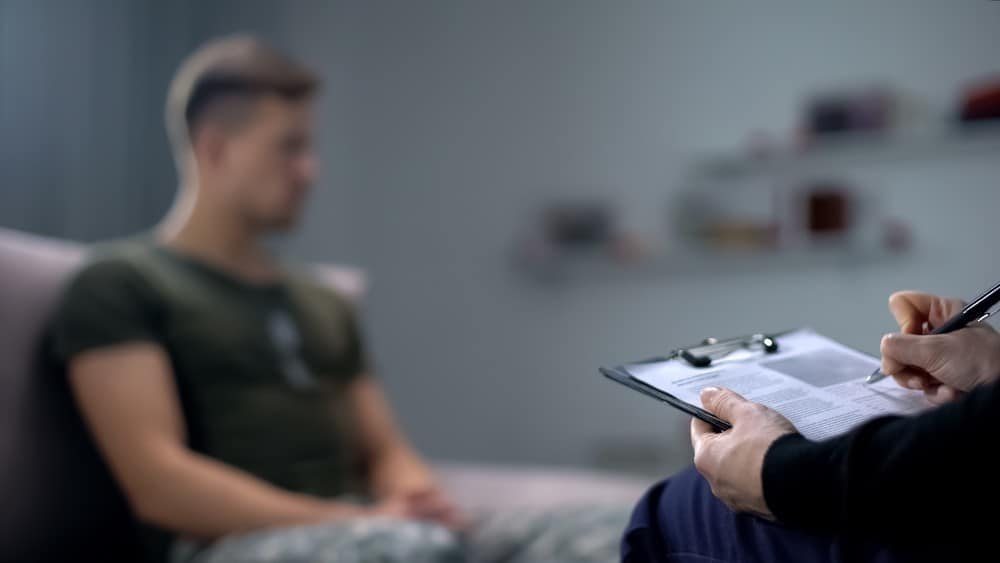
November 30, 2019
As a kid, negative reinforcement shapes our world. If we touch a hot stove, we get burned and learn not to do that behavior again. If we fall off our bike, we scrape our knees and learn a lesson in paying attention to our surroundings and balance. When we lie and are found out, we learn that lying is an inappropriate behavior based on the consequences of our actions. Lying harms other people and removes the foundation of trust in a relationship.
This is life: learning what works, what doesn’t, what behaviors we should partake in and the behaviors that cause harm and struggle. So why, when it comes to addiction, is it so hard to learn?
According to the American Society of Addiction Medicine, “Addiction is a primary, chronic disease of brain reward, motivation, memory, and related circuitry.” This means the people suffering from the disease will struggle to abstain from using and fight to control their behaviors. The key here is the concept of “brain reward.” When we use, drink, self-harm, whatever it may be, we are rewarding our disease by feeding into the addiction cycle. In the moment, it feels like drinking or using will fix our problem, and it does for a short time. But addiction will always come back for more.
What does this mean? It means that, for the addict, touching the stove, even though it hurts, gives us some type of reward. It means we don’t learn a lesson from falling off our bike because we are in an altered state of consciousness. It means lying isn’t wrong anymore because it gets us what we need to feel good. Addiction is a disease that distorts reality and causes us to live in the movie Groundhog Day where we repeat the same destructive pattern without being able to find a way out. This cycle continues because we can’t seem to feel the hot stove or the scraped knee when we fall. We can no longer understand the consequences of lying. Addiction masks our pain—internal and external—and it distorts reality so that we are unable to think clearly and rationally.
There are levels of acknowledgment when it comes to addiction. Some people feel they don’t have a problem, some never question it, and others go back and forth between getting help and feeling fine. Everyone is different in this regard, but the underlying issue is the same. There is something inside of us telling us we need to use, drink, or self-harm.
The ultimate question becomes how do we learn to feel the hot stove? Chances are, you’ve already felt it, but addiction rewrote the narrative as quickly as it could. After that horrible hangover where you said you’d never drink again, a few days later, it reminded you how fun and necessary drinking is. It blocks out the suffering. Maybe you had a close call with heroin or an opioid and swore the next morning after you woke up that you were done. You felt the stove, but addiction repressed the experience. Maybe you don’t remember driving home the night before, and you are horrified at what could have happened, but the next night at the bar, you seem to forget the feelings of terror you experienced the previous day. You are focused on the “brain reward” instead of the dangers that lie ahead.
More often than not as addicts, we burn our hands on the stove time and time again, but we allow addiction to repress and suppress and ignore. It’s in these moments, where life or death becomes a reality, where we are suffering from the disease, that we need to take action. We need to allow ourselves to feel the burn, and instead of ignoring the pain, we need to head to the hospital for help.
The first step in a successful recovery plan is acknowledging the problem. If you’ve questioned your behaviors, even once, it’s important to reach out for help because it means something in your brain is trying to warn you. Addiction will do anything it can to block that sign, but this is where our internal strength comes from–stopping at that moment and acknowledging there is a siren going off somewhere in your body. This is how we stop the cycle of addiction and regain control of our lives. One feeling at a time.
There are numerous treatment programs, therapists, and groups that can get you back on track to health, happiness, and harmony, but it starts with you. When will enough be enough? Do you have to overdose once or will take multiple attempts for you to feel the stove? Will it take a drunk driving scare or a court cased to get you clean? If you’re afraid to have this conversation with yourself, it’s time to reach out for external support.
Acknowledging our problems is never easy, especially when addiction is trying to block out all the warning signs. If you or someone you know is struggling with using, drinking, and other mental health issues, reach out to Summer House Detox Center today. We offer detoxing programs for multiple substances and will use our years of experience to get you clean as safely and comfortably as possible. If you’ve questioned it once, you’ll question it again. Stop putting off your health to appease addiction. Call (800) 719-1090 now to find out your treatment options. You can also visit our addiction treatment center in Miami at 13550 Memorial Highway Miami, FL 33161. We are open 24 hours a day, 7 days a week.

Suboxone addiction is a condition that may feel insurmountable to overcome, but with the right support and approach, freedom is achievable. At the Summer House
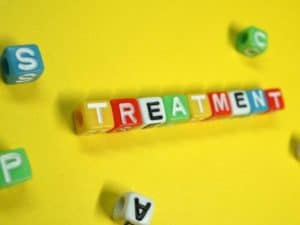
Summer House Detox Center in Miami, Florida, is a private in-patient drug and alcohol detox center offering a tranquil environment for recovery from addiction. Our
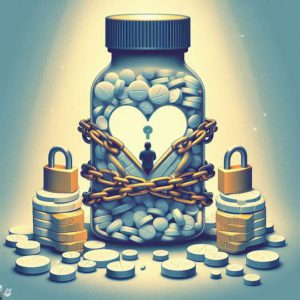
Beat Xanax Addiction at Summer House Detox Center in Miami Are you battling with Xanax addiction and seeking a haven to reclaim your life? You
For immediate assistance, please call our Admissions Specialists at 800-719-1090.


Speak With A Qualified Addiction Specialist 24/7